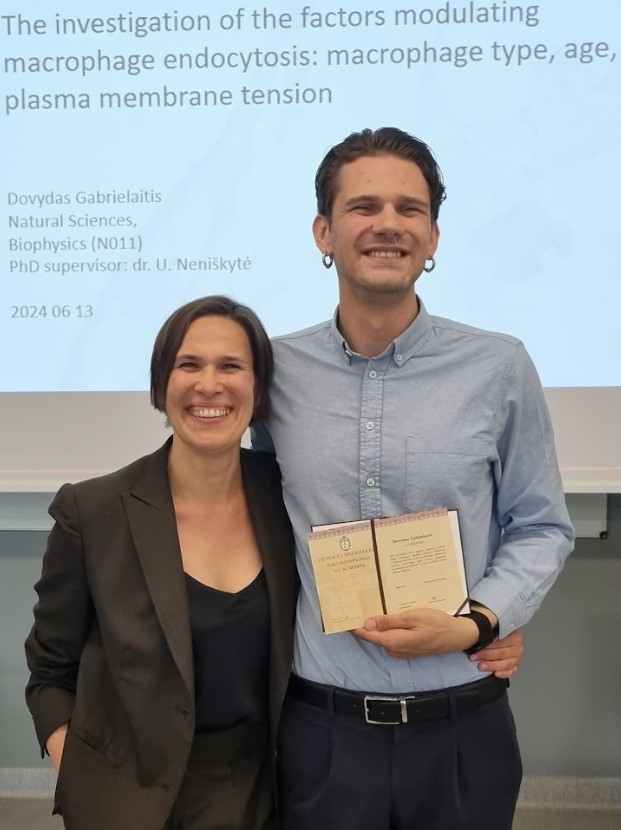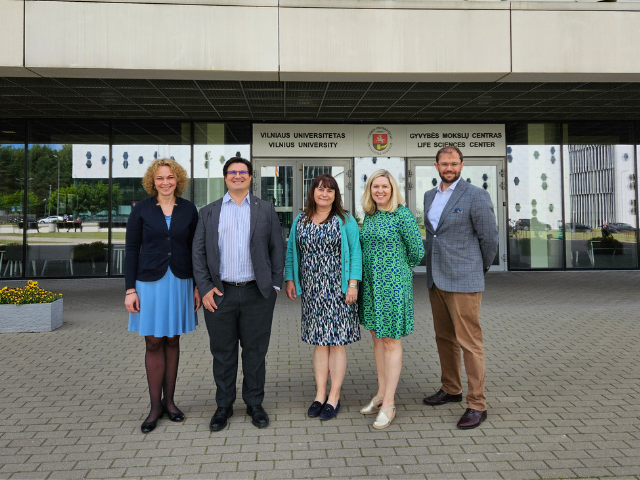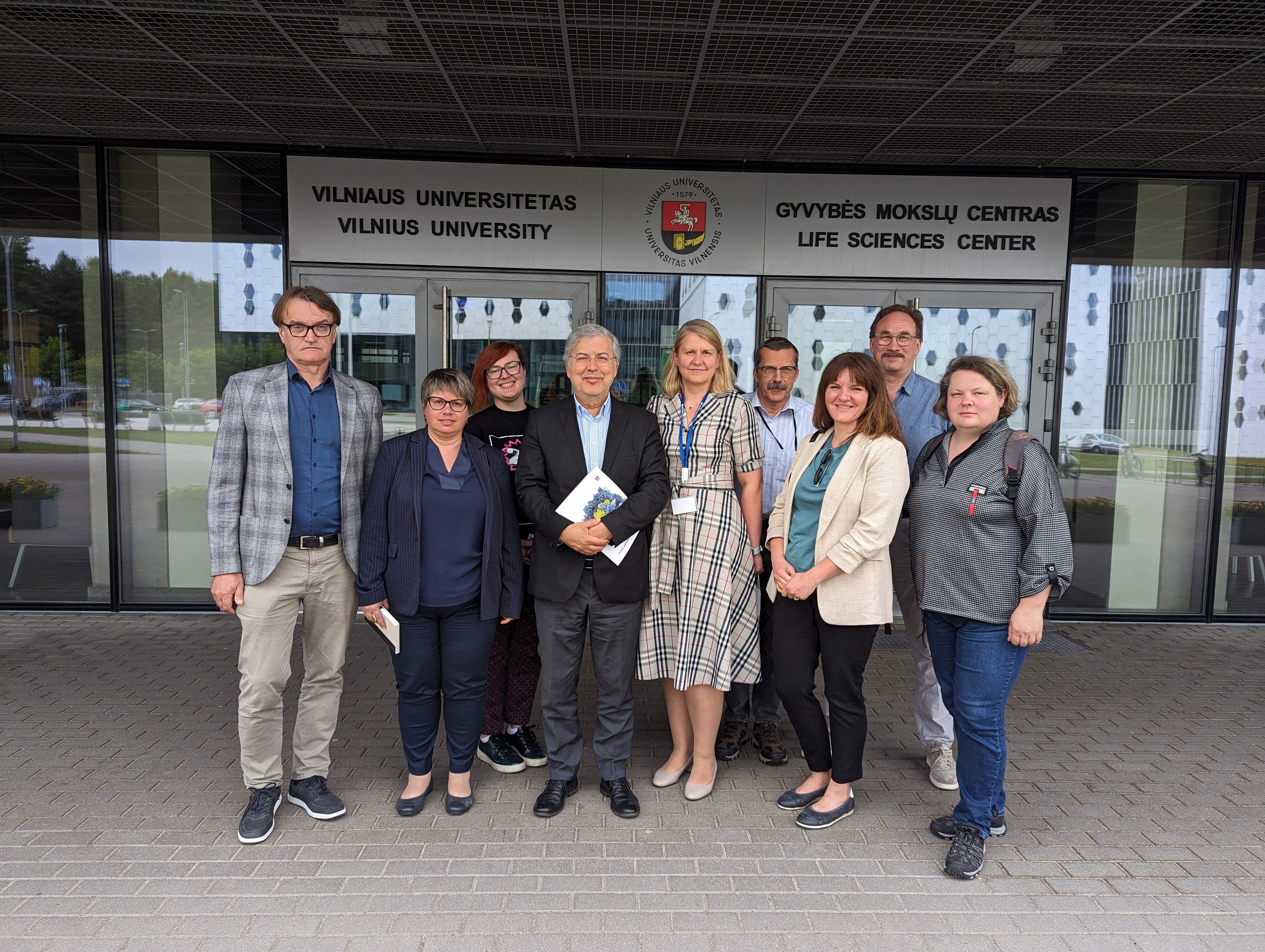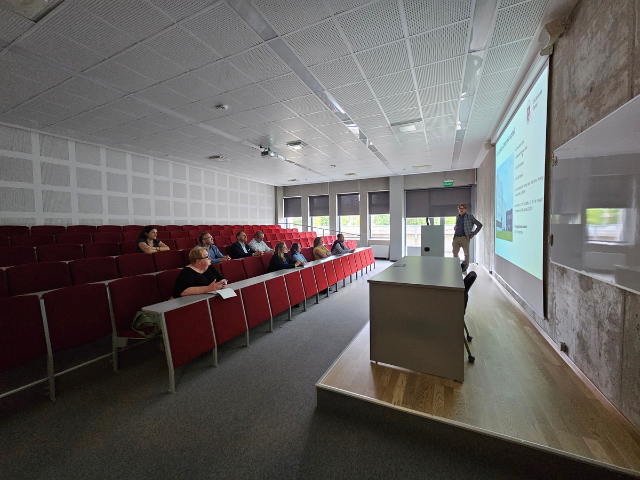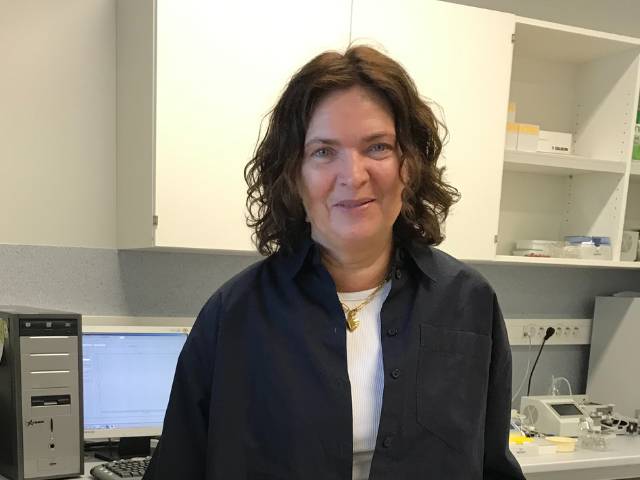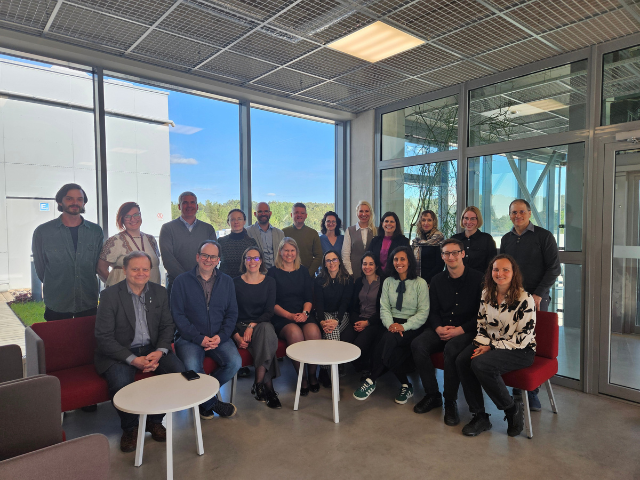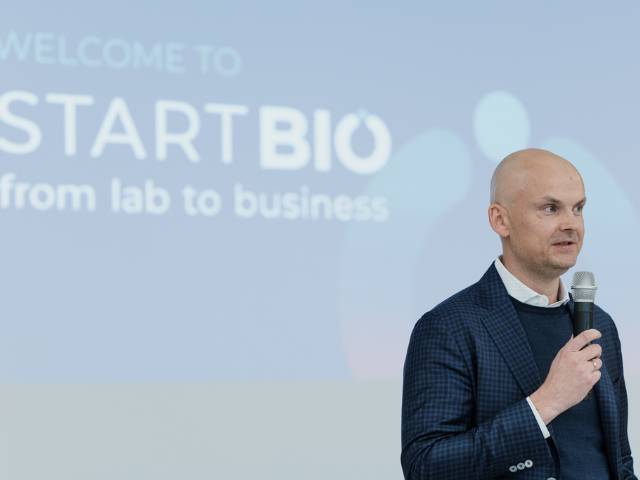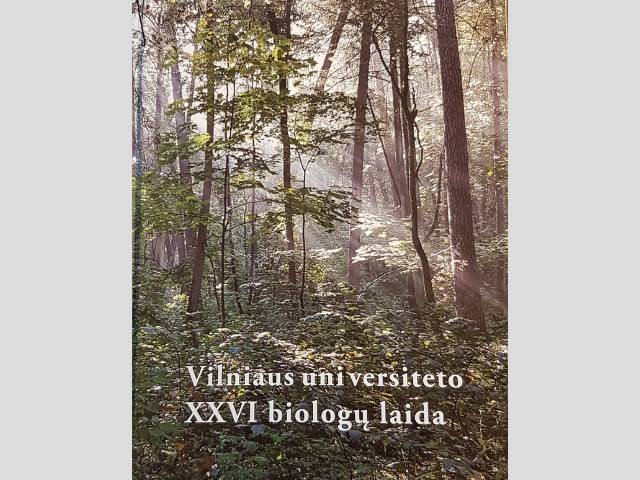Dovydas Gabrielaitis Has Defended His Dissertation
Dovydas Gabrielaitis, a doctoral student of the Life Sciences Center of Vilnius University (VU LSC) has defended his dissertation "The investigation of the factors modulating macrophage endocytosis: macrophage type, age, plasma membrane tension" to be granted a PhD in biophysics. Dr Urtė Neniškytė was his PhD supervisor.

